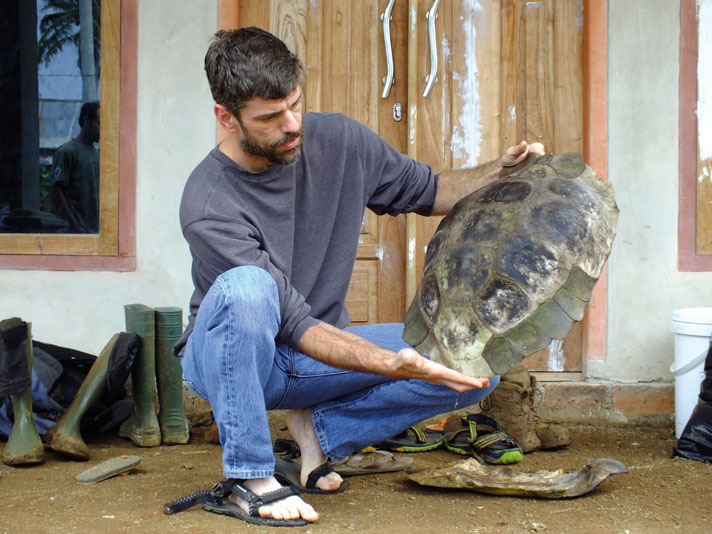
Herpetology is the branch of zoology which deals with the study of reptiles and amphibians such as snakes, turtles, and iguanas. It deals with their behaviors, geographic ranges, physiologies, development, genetics, and more.
Herpetologists study animals in the wild, where they determine or assess potential threats from pollution, invasive species, disease, and other factors. They often inventory or estimate animal populations. Herpetologists study their behavior, development, genetics, and distributions to better understand their ecological niches, the ecosystem services they supply, and the challenges they face. They may make recommendations to policy makers on how to protect them. Since many reptiles and amphibians are considered “indicator species”, their research may be used to evaluate overall changes in the environment. Herpetologists may plan and manage disease control and conservation programs. Many conduct environmental impact studies or wildlife impact studies for the government. They may share their research findings by writing journal articles or presenting at professional conferences. Some educate the public through programs and talks.
Collection managers at museums care for preserved specimens of amphibians and reptiles. They catalog, organize, and document them, and make them available to researchers. These jobs usually require a master’s degree in biology or museum studies.
Picture Credit : Google




